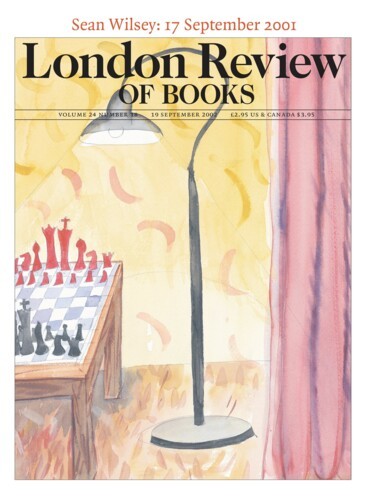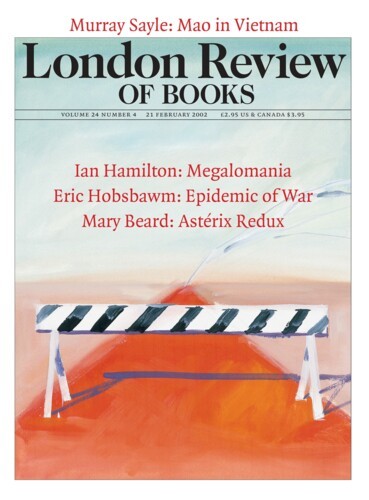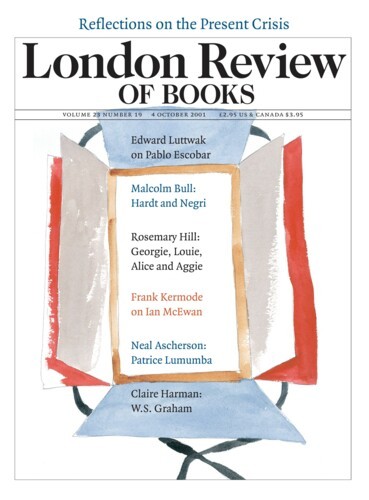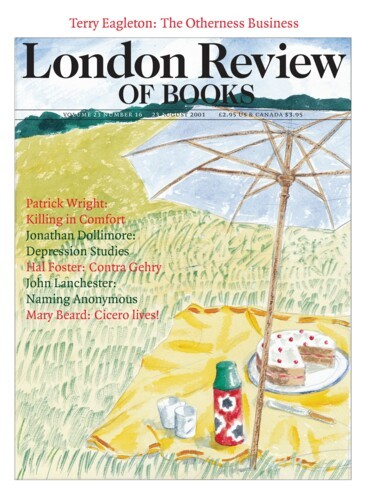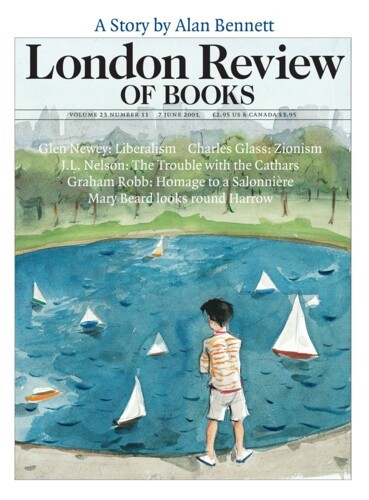Sun and Strawberries: Gwen Raverat
Mary Beard, 19 September 2002
Most of the Cambridge institutions we now take for granted (from not walking on the grass to the two-part Tripos and May Balls) were invented by these grey, smug, ‘hen-pecked’ late-19th-century types, all tucked up in bed by 10 p.m.
